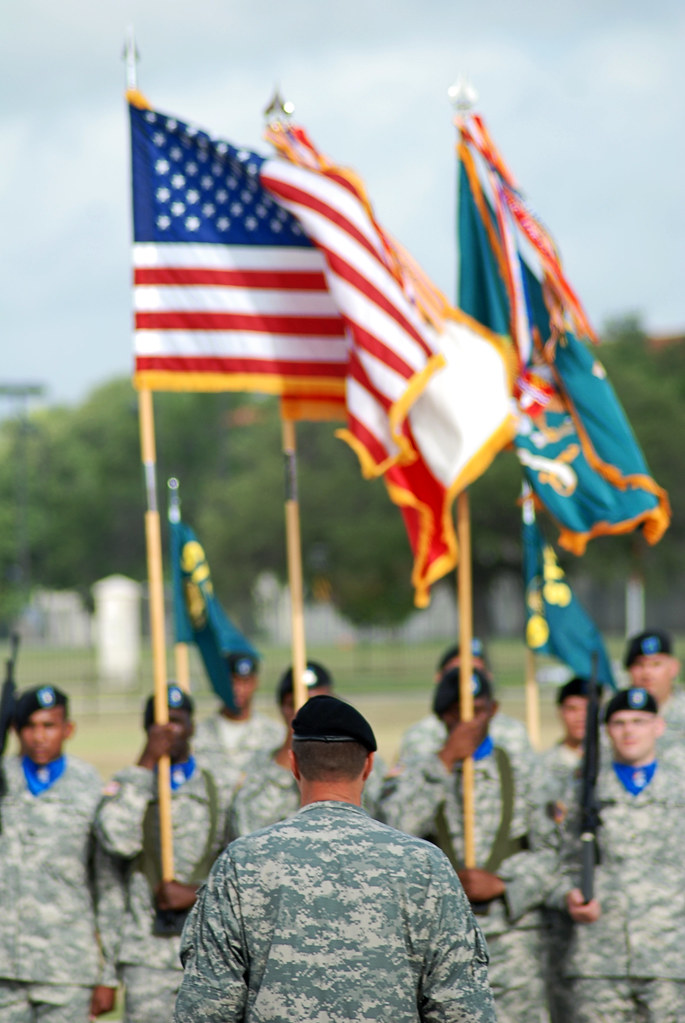I came across a Nietzsche quote last week that I have been meditating on, "Love is blind. Friendship closes its eyes." That seems like an appropriate quote for Thanksgiving week. No one is perfect and no friendship would survive without a dose of willful tolerance. I took the above picture last weekend out on the shore of New Castle. I like to sometimes compose with this little crystal ball my daughter gave me because it shifts perspectives, and you get in one picture your perspective as well as the shifted one. The key is to blend the two perspectives together to make an interesting composition. I think that is a nice metaphor for friendship, as well.
For this week I've assembled a few links that deal with disability and society. A lot of what is called for in universal design is a willful tolerance, a willingness to integrate different perspectives into our societal composition, and a willingness to understand that we are not all the same. The glory and challenge of the American project is the bringing together of a highly heterogeneous society in relative peace.
I'm thankful to be a part of that project.
Read
What: The Atlantic, The Digital Ruins of a Forgotten Future
https://www.theatlantic.com/magazine/archive/2017/12/second-life-leslie-jamison/544149/
Why: One of the subjects of this piece, Alice Krueger, I wrote about in a book chapter I wrote a few years ago about public health communication. I stumbled across her work in Second Life and was absolutely fascinated by the community she had helped create and nurture in this digital world. What she realized was that people with disability could be like anyone else in a virtual world, and so she started an organization to help disabled people get online and engaged in online communities. I had a bit of correspondence with Alice and shared my chapter with her after it was published. She is still working in Second Life as well as other virtual communities to help disabled people have richer lives. This Atlantic article is a bit harsh on Second Life, but it does do a decent job highlighting some of the advantages virtual worlds have for the disabled. There are about a million regular users of Second Life now - a tiny fraction of the number who go on Facebook - but to put that in perspective, if Second Life was a country, it would be the 161st most populated country out of 237 listed by the CIA world factbook, three times the size of say, Iceland, in population. That's something to consider.
Watch
What: TEDxBoulder, Why We Need Universal Design (10 min)
https://youtu.be/bVdPNWMGyZY
Why: I first learned about universal design when I interviewed Jill Gravink, the founder and executive director of Northeast Passage, a few years ago. Northeast Passage works with disabled people in a number of capacities. They have an adaptive sports program that provides a variety of opportunities for disabled people to engage in outdoor activities and team sports, as well as a school program where they help schools create inclusive activities for disabled kids. And they do other cool stuff, too. Universal design in principle is the idea to design our built environment in such a way that it allows access for everyone, not just the fully able - ramps instead of stairs, for example. This short video is a nice explanation of the concept if you aren't familiar. The speaker, Michael Nesmith, is deaf.
Listen
What: Design Matters, Kenny Fries
http://designobserver.com/feature/kenny-fries/39699/
Why: Kenny Fries is a disabled, Jewish, HIV positive, gay man who makes his living writing about disability. Beyond the usual discussion about what we mean by disability, what made this podcast interesting was Fries' discussion of disability in an international context: he has lived and written about disability in the United States, Japan, and Germany. I personally had not thought about the cultural specificity of disability. Other aspects of the interview are interesting as well, such as what makes a life worth living, which as many of you know is a question I perpetually think and write about.
https://tinyletter.com/markbonica/letters/rwl-newsletter-71-thinking-about-disability



